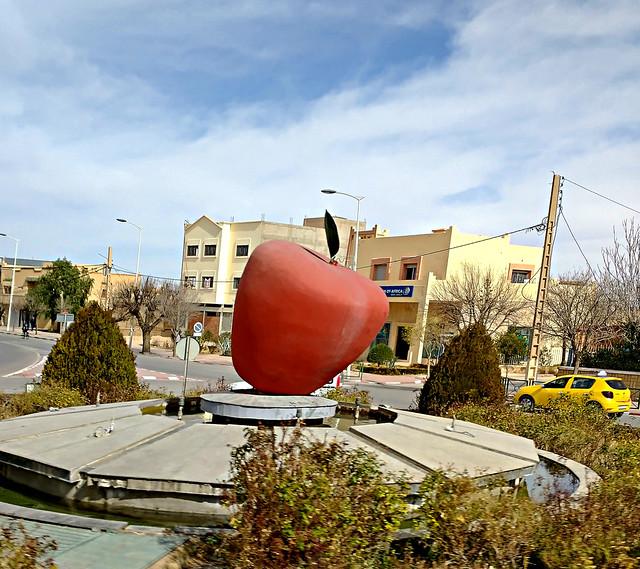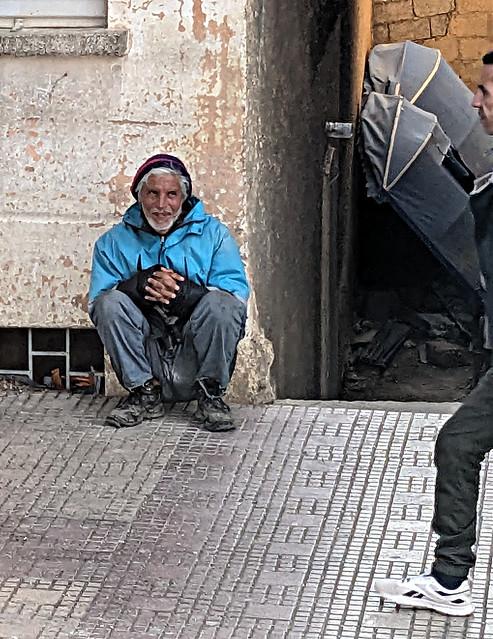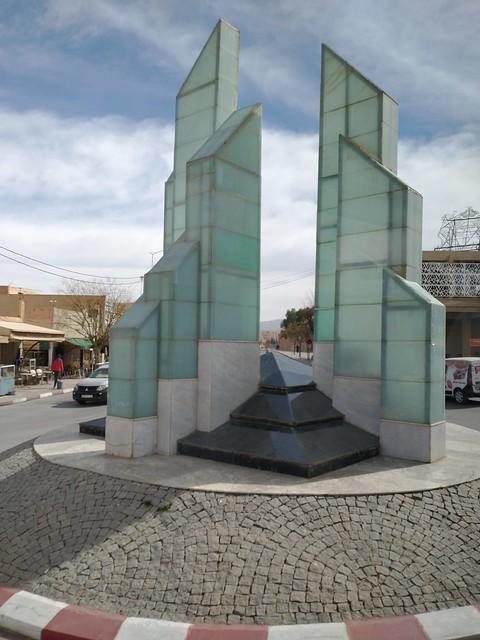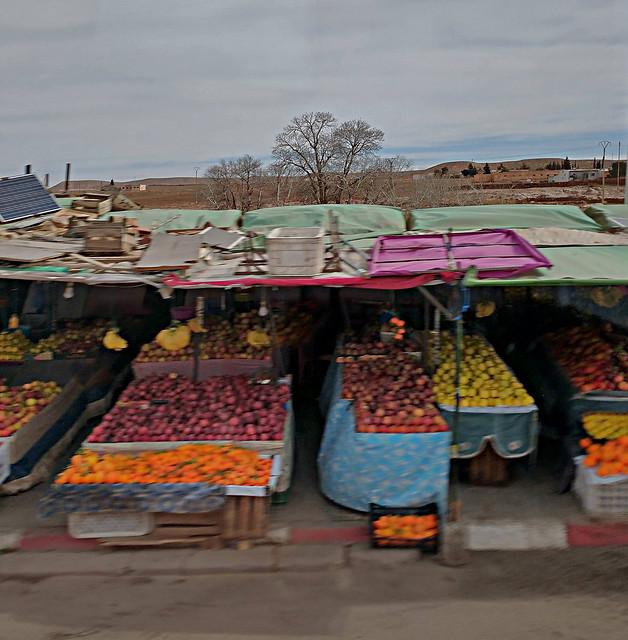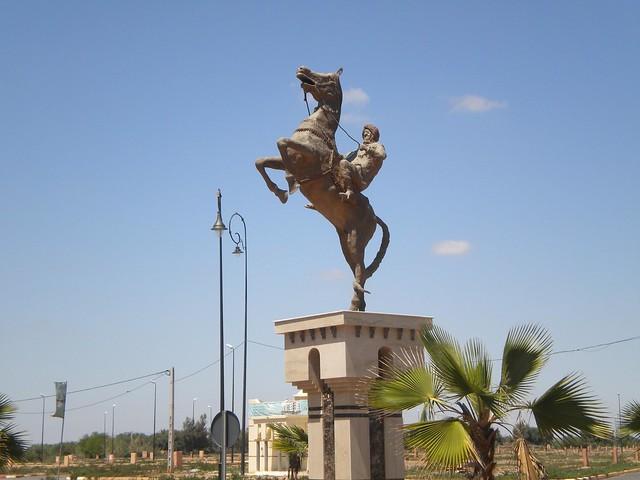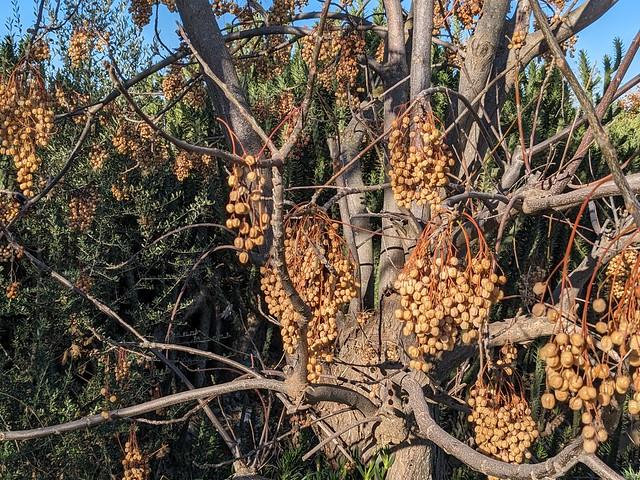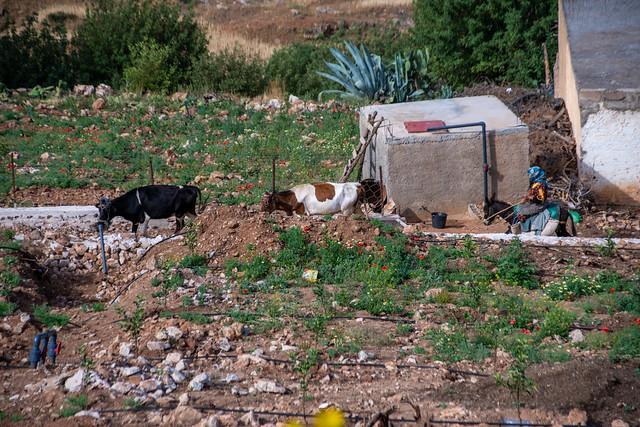Midelt
Overview
Midelt, a picturesque town in Morocco, is nestled between the Middle and High Atlas mountain ranges, making it a unique spot for visitors seeking both natural beauty and cultural immersion. Known for its breathtaking landscapes and as a center for mining high-quality minerals like vanadine and barite, Midelt offers a blend of natural beauty and geological wonders. The town also serves as a hub for the Berber culture, providing travelers with an opportunity to experience traditional Moroccan lifestyles, crafts, and cuisine. The local markets brim with vibrant textiles, ceramics, and jewelry, each piece telling a story of the region's rich heritage and artisanal skills.
The best time to visit Midelt is during the spring (April to June) or fall (September to November) when the weather is most favorable for outdoor activities. During these months, the climate is mild, avoiding the extreme cold of winter and the intense heat of summer. This is the perfect time for hiking, rock climbing, and exploring the nearby natural attractions such as the Cirque de Jaffar and the Ayachi Mountain. For those interested in cultural events, the Apple Festival in September is a highlight, celebrating the harvest with music, dancing, and plenty of local apple varieties to taste.
Before traveling to Midelt, it’s important to prepare adequately to ensure a comfortable and safe trip. Pack clothing that can be layered, as temperatures can vary significantly between day and night. Sturdy walking shoes are a must for exploring the rugged terrain. Additionally, learning a few phrases in Arabic or Tamazight (Berber) can be incredibly useful in enhancing interactions with local residents. Lastly, ensure to have all necessary travel documents and insurance in order, and it’s advisable to check for any travel advisories or required vaccinations specific to Morocco. Being well-prepared will undoubtedly make your visit to Midelt more enjoyable and enriching.
How It Becomes to This
History not available

You May Like
Explore other interesting states in Morocco


